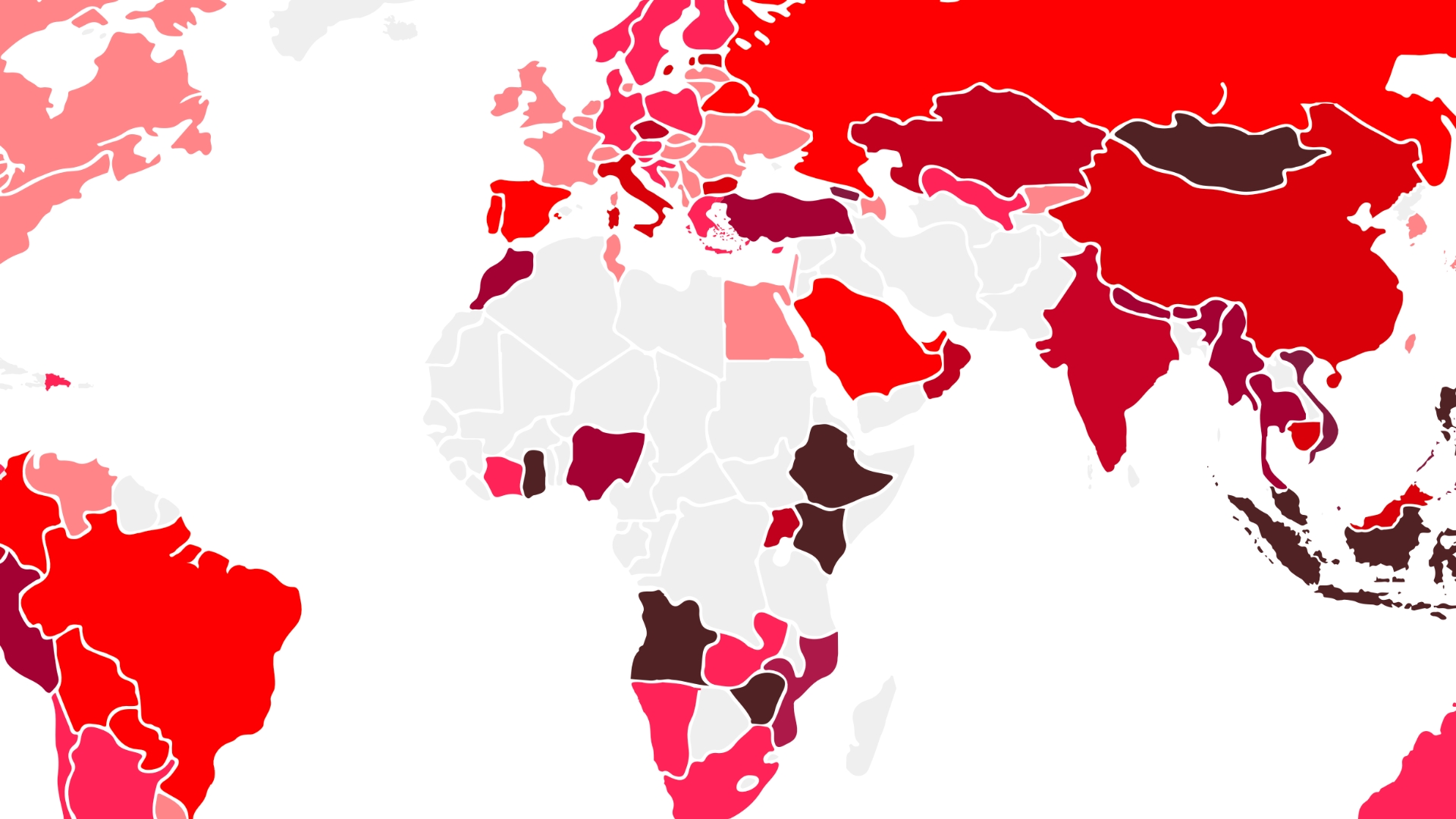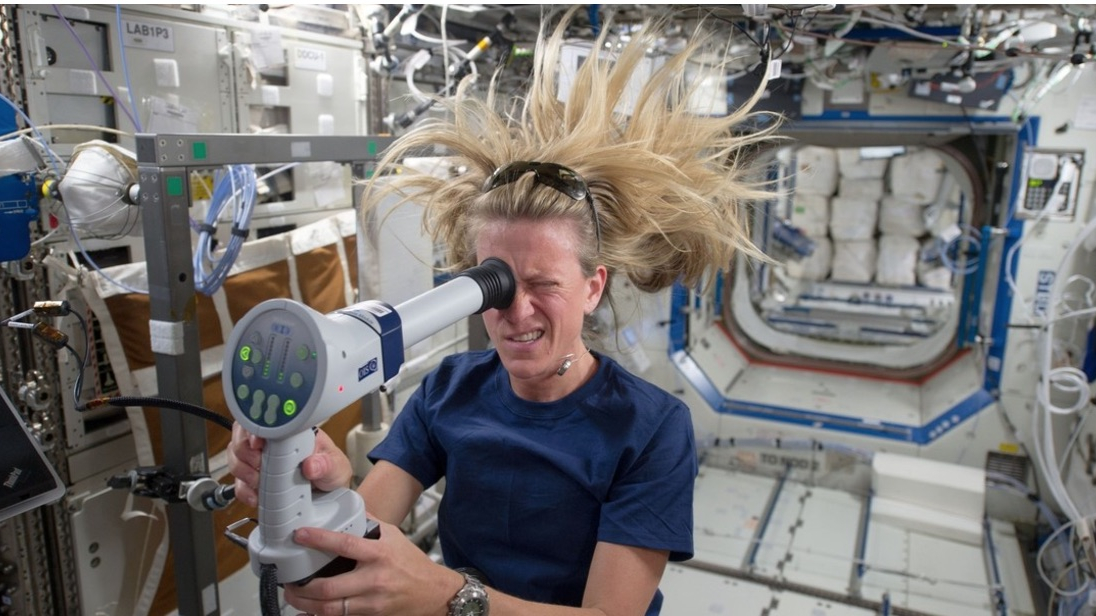ACO Switches to Liquid Hydrogen Storage for H24EVO
First track test for MissionH24's latest prototype now scheduled for April 2026 according to revised timeline...


Photo: Louis Monnier/ACO
The Automobile Club de l’Ouest has announced that its MissionH24 initiative’s H24EVO prototype will switch from gaseous to liquid hydrogen storage.
First unveiled as a render in October 2023 and then as a full-scale model at last year’s 24 Hours of Le Mans, the H24EVO was planned to incorporate a pair of tanks storing 7.8 kg of hydrogen at a pressure of 700 bar to power its 300kW fuel cell.
However, following the car being put on display for this week’s ‘Hyvolution Paris’ exhibition, the co-promoter of the FIA World Endurance Championship announced that the prototype will now utilize liquid hydrogen as development proceeds.
According to the ACO, this will allow between 11 and 14kg of hydrogen to be stored, and increase the cruising range from an estimated 25-30 minutes to “at least” 40 minutes.
Storing hydrogen in liquid forms requires it to be cooled to a temperature of -253 degrees C (-423 degrees F), while an evaporation system and heat exchange are also needed for it to be compatible with the Symbio-supplied fuel cell.
The car’s target weight remains at 1300 kg, but now has a planned top speed of 340 km/h (211.3 mph) to allow it to “feature among the best GT3s” on pace.
“After introducing gaseous hydrogen to the racetrack, MissionH24, with the H24EVO, is now embarking on a crucial new phase with a dual challenge: to engage liquid hydrogen in competition and to rival the competition from conventional combustion engines,” commented ACO President Pierre Fillon.
“This mission is essential to achieve zero CO2 emission in motor racing.”
A revised timeline for the H24 EVO’s development has also been announced, with bench testing with the 650kW (872 hp) electric motor to commence in October before the first real-life example is assembled in February 2026.
That milestone is set to be followed by a first track test in April 2026.
Although using liquid hydrogen, the H24EVO differs from the hydrogen internal combustion technology pioneered by Toyota in Japan’s Super Taikyu series, which is also allowed as part of the regulations due to come on stream for the 2028 WEC season.













































































